Ever heard of IQ - for intelligence quotient - or EQ - for emotional quotient? For some years now, the professional world has also been taking an interest in cultural quotient (CQ). This is the ability that we all have, to a greater or lesser extent, to adapt when interacting with people from other cultures: in the case of impatriation, expatriation or when we are part of a multicultural team, for example. "Cultural intelligence is considered a key skill by the World Economic Forum", points out Joanna Menezes, a professional coach (herself of multicultural origin) specialising in diversity, inclusion and interculturality. Intrigued by this notion or directly concerned by it, fifteen members of the Cala Learning Hub network logged on to the webinar on 10th November 2023 to find out more.
Intercultural relations can be complicated...
What is culture? According to the Dutch psychologist Geert Hofstede, it is "the collective mental programming of the human mind which distinguishes one group of people from another". "A kind of learning process that happens without our being aware of it", says Joanna Menezes. "Depending on our personality and culture, we adopt different ways of thinking and behaving. Not to mention the fact that we are moulded, not by one single culture, but by several: our family culture, that of our country, our profession...", she continues.
In practice, intercultural relations are often far from easy. Misinterpretation, misunderstanding or even conflict... there are many risks of making mistakes in a international project or even failing a business negotiation. 'It could be as simple as saying hello or being late for an appointment," explains Joanna Menezes. 'We quickly tend to judge others on the basis of their behaviour and our values, when we should be questioning the values behind that behaviour".
Develop your cultural intelligence in 5 steps
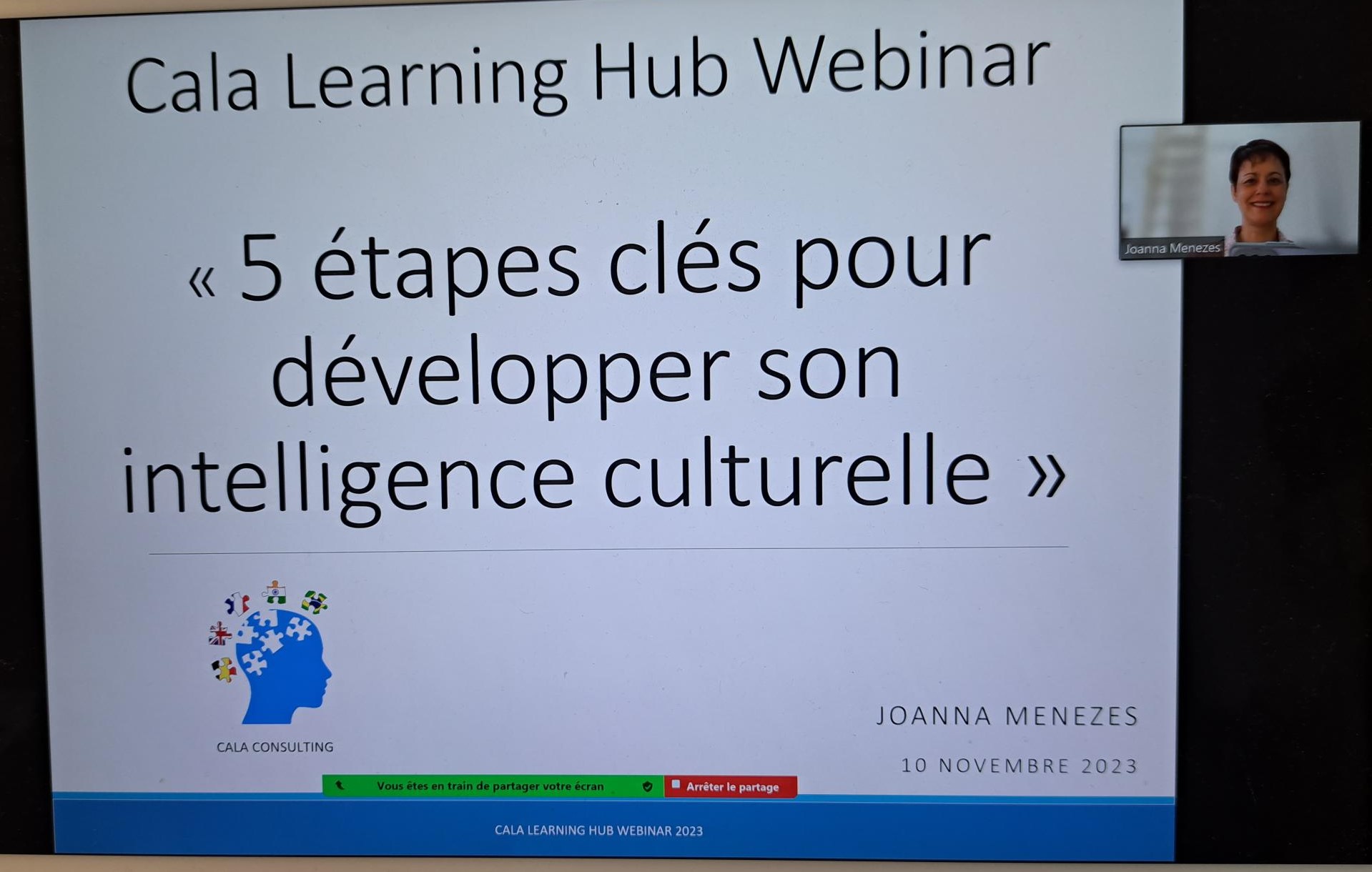
Blog article written by par Laure Blancard : https://www.linkedin.com/in/laure-blancard/


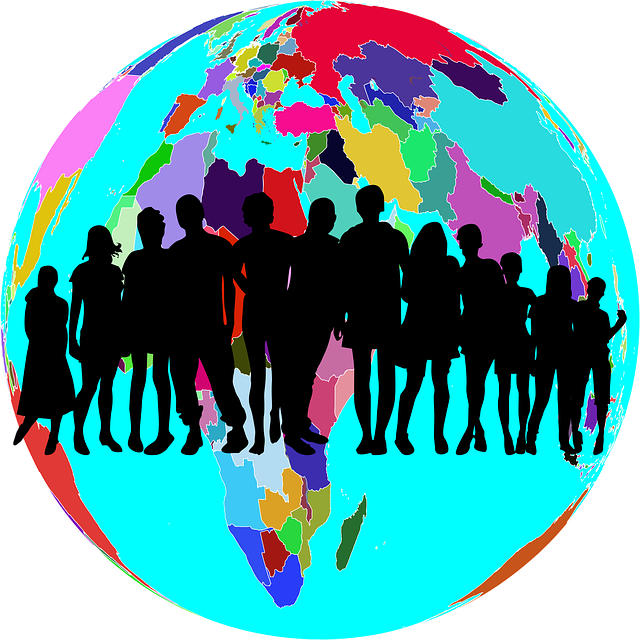
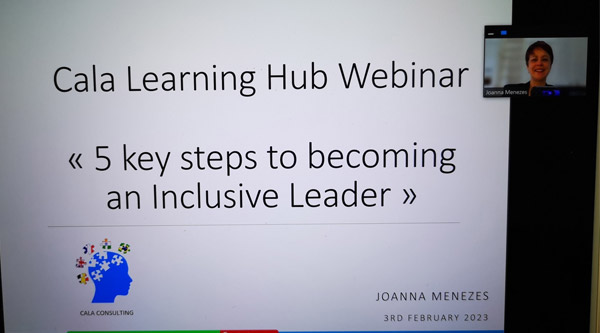
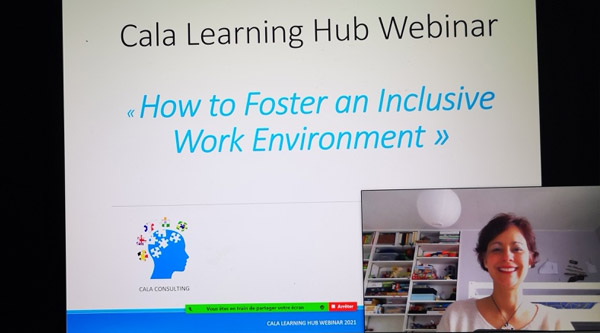
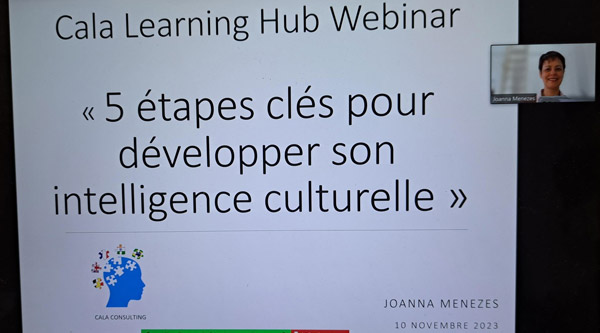
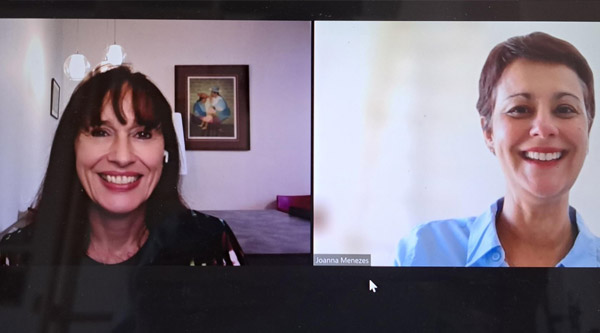
 Copyright © 2016 - 2026 - Cala Consulting
Copyright © 2016 - 2026 - Cala Consulting